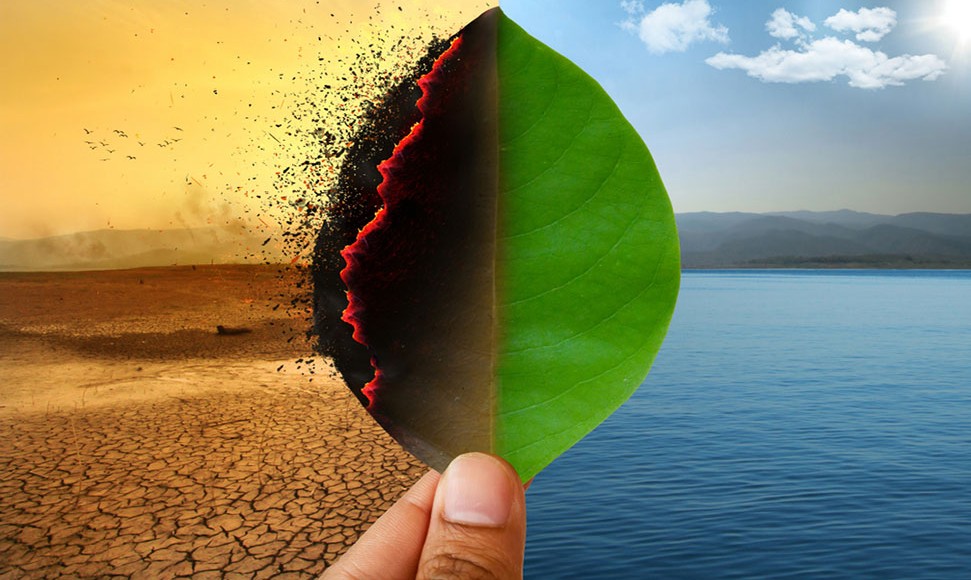
Children in 98 percent of African countries are at high or extremely high risk of the impacts of climate change according to a new report by UNICEF.
According to the report, Time to Act: African Children in the Climate Change Spotlight, children in 48 out of 49 African countries assessed are categorized as at high or extremely high risk of the impacts of climate change. The analysis assesses countries based on children’s exposure to climate and environmental shocks, such as cyclones and heatwaves, and their vulnerability to those shocks, based on their access to essential services.
It states that children living in the Central African Republic, Chad, Nigeria, Guinea, Somalia, and Guinea-Bissau are the most at risk.
The report examines how multilateral climate funds (MCF) target their resources. It found that just 2.4 percent of this key global climate funding can be classified as supporting child-responsive activities, with an average value of just $71 million per year. If the target group is increased to include youth, the figure rises to just 6.6 percent of total MCF spending.
“It is clear that the youngest members of African society are bearing the brunt of the harsh effects of climate change,” Lieke van de Wiel, Deputy Director, UNICEF Eastern and Southern Africa region, said. “They are the least able to cope, due to physiological vulnerability and poor access to essential social services. We need to see a stronger focus of funding towards this group, so they are equipped to face a lifetime of climate-induced disruptions.”
The report reveals a strong correlation between countries with poor rankings on health, nutrition, and WASH services and those ranking high or extremely high on the Children’s Climate Risk Index, highlighting how vulnerable these children are to the impacts of climate change.

Leave a Reply